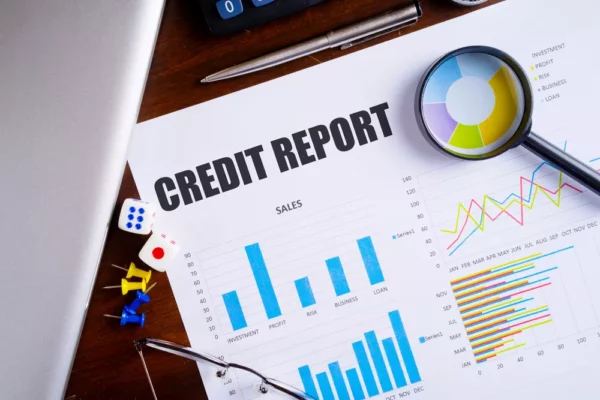It can be too upsetting to one’s financial confidence when they face denial of credit. Whether an individual opts for a mortgage or applies for a credit card, under such circumstances, never panic, in the opinion of Scott Tominaga. According to the financial advisor denial of credit is quite common, while people should consider it an opportunity to evaluate their financial standing and take measures or make adjustments to get back their financial health in order. Following are five tips on how to rebound when being denied credit:
Obtain Credit Report
The first thing an individual should do after facing credit denial is to figure out the reasons behind the incident. Typically lending companies provide a variety of reasons for the denial, which might be associated with one’s credit score, income, or high amount of existing debt. Make sure to get a free credit report once a year from all three of the major credit bureaus: Experian, Equifax, and TransUnion, online.
Go through the report entry by entry with diligence to detect if any error is there. Studies reveal one out of five individuals in the US find erroneous entries in their credit reports which eventually negatively impact their credit score. Disputing such errors is the only option to get back their credit status, unveiling the opportunity for further credit approval.
Verify Credit Score
The credit score of individuals is the first and foremost criterion that determines their creditworthiness to lending companies. Remember, a score lower than 600 can make it harder to obtain the approval of credits. So, it makes sense for people to be aware of their current score before applying for a loan.
If it is found lower than the desired score, prioritize enhancing it by squaring off outstanding debts as well as lessening the balances of credit cards. Note carefully that three vital driving factors of one’s credit score include payment history, credit utilization ratio, and the age of one’s credit history. Therefore, retain them as per industry requirements to avoid experiencing credit denial in the future.
Work on Squaring Down Debt
If one’s credit report is found high with existing debt, particularly compared to their income, it can typically be a major reason for denial. Lenders like to be ascertained about the capability of individuals to manage their current debts before they add more to them. Prioritize paying down credits that attract high-interest rates such as credit cards or personal loans etc.
An overall lower debt balance makes individuals more valuable customers to lenders. Consider adopting either a debt snowball or debt avalanche method to pay off debts before applying for further credit.

Go for a Secured Credit Card
As per Scott Tominaga, applying for a secured credit card is a smart choice as it unlocks an opportunity to rebuild credit after being denied a normal credit card. To obtain a secured credit card, individuals need to make an FD and collateralize it with the banker which also determines their credit limit.
By responsible use of credit cards by making payments on time, and paying credit balances instead of paying minimum due – one can showcase their ability and attitude to manage credit efficiently. Eventually, this improves one’s credit score while enhancing the likelihood of approval for a general credit card or further loan.
Being denied credit doesn’t mean the end of the story. Knowing the reasons behind the rejection and addressing the issues proactively is a smart way to restore one’s financial health and reach their goals.


